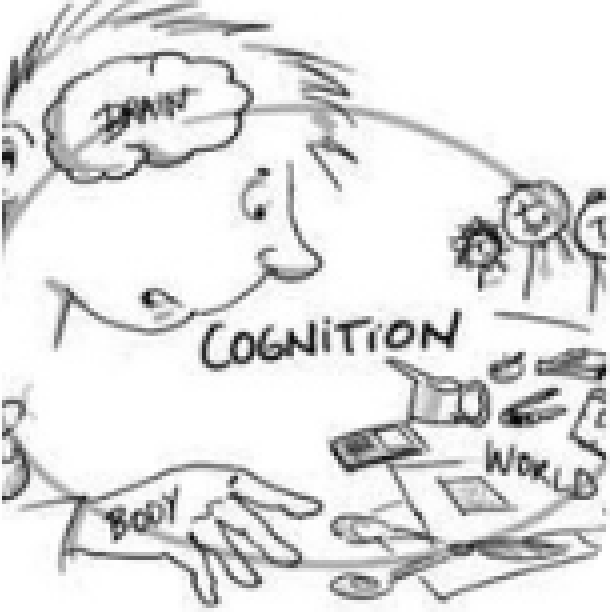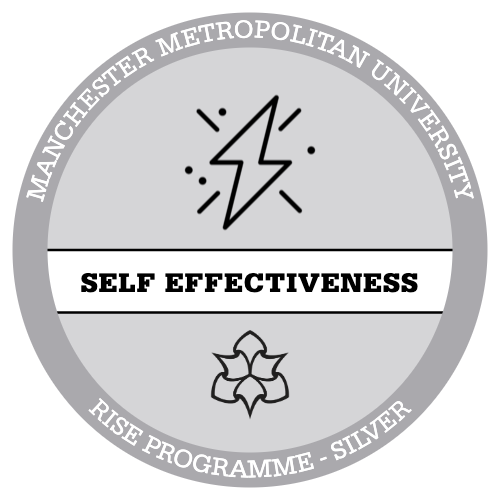
February Festival (Psychology Dept): Embodied cognition and learning
An offer for Psychology students only.
The theory of embodied cognition (Smith, 2005), suggests that learning and cognition emerges through the interaction of the body with an environment, and as a result of integration of sensory-motor activity into a model that is then encoded in memory. Evidence shows that in a classroom situation, students recall information better when embodied-learning techniques are used. The theory further suggests that the continual coupling of cognition to the environment through the body enables cognition to adapt, making it relevant by providing a mechanism for developmental and circumstantial change. This session will explore these ideas in simple and practical terms- helping you understand how you can improve your learning.
Associated Badges:
In A Nutshell...
- Collaborate... with staff and students across the Psychology department
- Upskill... understanding how learning works can help you develop many skills
- Engage Online ...
- Show Leadership ...
- Gain Recognition... for your learning, and get RISE points for it.
- Earn up to 5 Rise points ... which can be recognised within your degree.
Schedule
-
11:00 to 12:00 on 06/02/24 - Brooks 3.02
February Festival: Embodied cognition and learning In the session, we will explore ideas around learning and cognition in an informal way.







